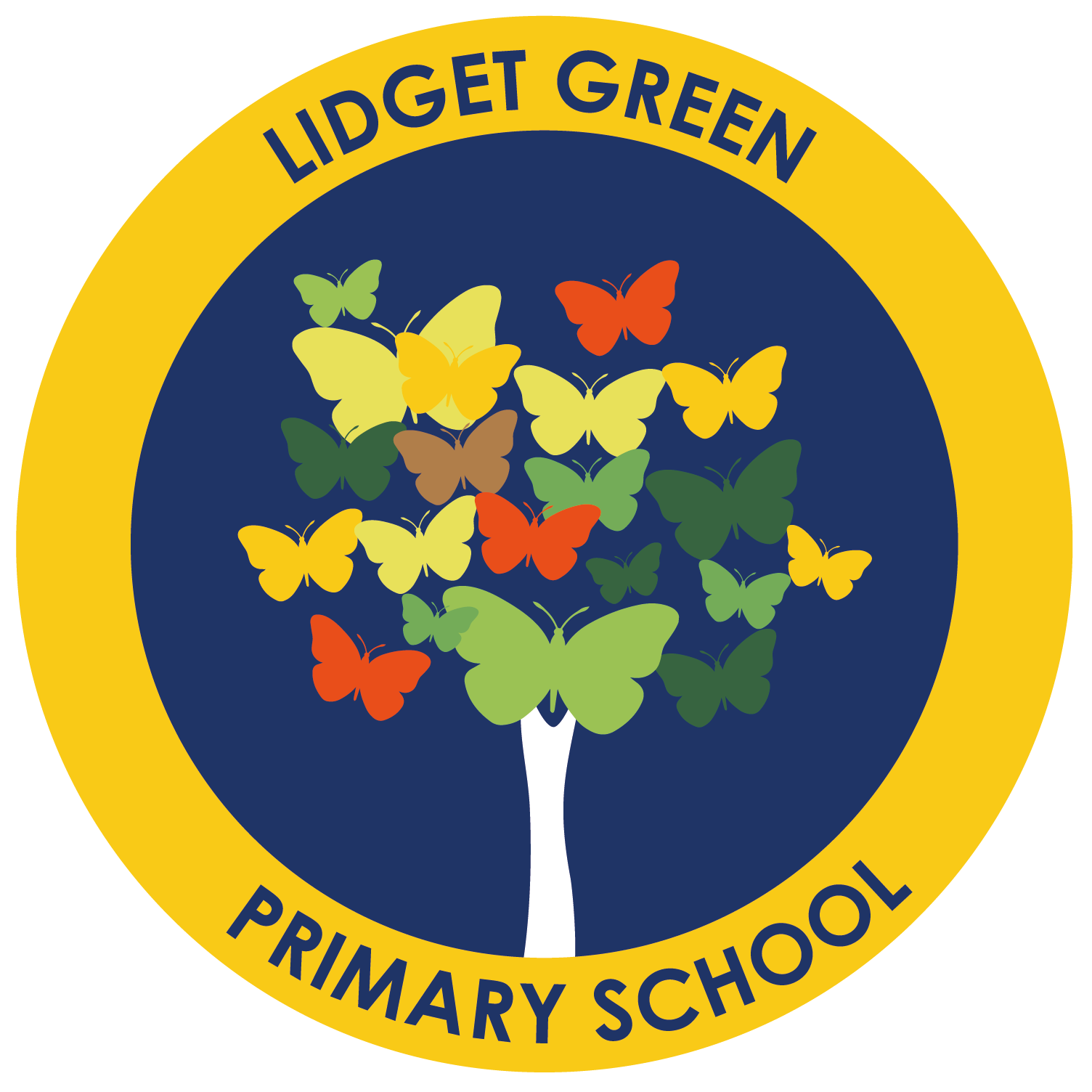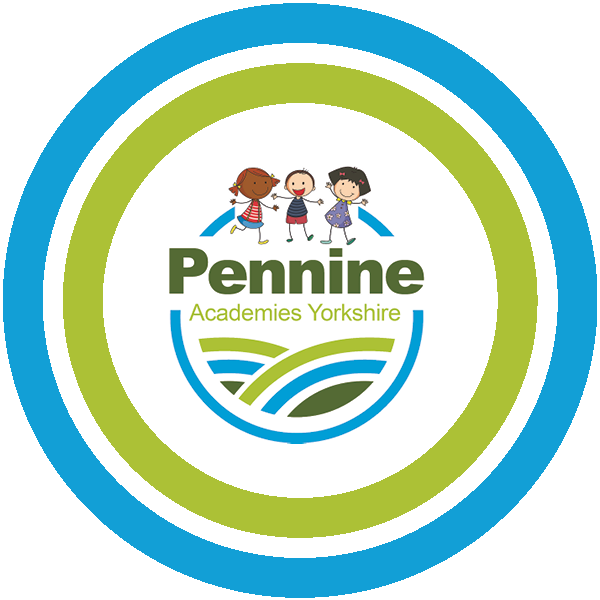History
‘’You have to know the past to understand the present.’’
Carl Sagan
Intent
At Lidget Green, we want children to understand how Bradford, the United Kingdom and the world have become what they are today by exploring and questioning the past and by understanding the legacy of some of the world’s most well-known eras. In our school, History is a subject that helps children to comprehend the process of change, the diversity of societies and relationships between different groups, as well as their own identity. Through the investigation of past events by means of enquiry, analysis, interpretation and problem-solving, children will develop an understanding of how different groups in society were affected and shaped over time. As the children progress through the year groups, they will build on their prior knowledge and create a coherent narrative of the past. They will leave Lidget Green Primary School feeling inspired to find out even more and equipped with the essential historical skills that can be used and applied across all domains of history in future learning.
When we plan History lessons at Lidget Green Primary School, we aim to:
- Stimulate the children’s interest and understanding of the life of people who lived in the past
- Offer opportunities to tell stories of the past
- Connect our children to historical places in Bradford, Britain and the wider world
- Enable children to think as historians.
- Develop critical thinking and a sense of chronology
- Use a variety of primary and secondary sources, stories, digital technology, artefacts, trips, visitors and experiences to immerse our children in the past
- Provide our children with a knowledge-based, immersive and engaging curriculum that inspires their curiosity to learn more about the past
Foundation Stage
In the Foundation Stage, History is taught under the umbrella of ‘Understanding the World, Past and Present’. The teachers encourage the children to talk about their families, past and present events in their lives and compare story characters of the past and the roles of the people around them in society. They are beginning to gain knowledge and understanding of the world through:
• Photographs
• Listening to stories and memories of older people
• Role play activities
• Discussing events in the past and their own personal lives
• Sequencing events to gain a sense of time
• Using timelines for their day and lives
• Accessing different objects in their home corner
Key Stage 1
History teaching in Key Stage 1 focuses on developing children’s awareness of the past, building their historical vocabulary and slowly enriching their chronological schema. Children learn to ask questions, use different sources and begin to understand that the past can be represented in different ways.
Pupils are taught about:
• changes within living memory
• events beyond living memory that are significant nationally or globally
• the lives of significant individuals in the past who have contributed to national and international achievements
• significant historical events, people and places in their own locality.
Key Stage 2
As pupils’ factual knowledge broadens and their subject-specific vocabulary widens, they establish clear narratives within and across the periods they study. They note connections, contrasts and trends over time, as well as understand how our knowledge of the past is constructed from a range of sources.
Pupils are taught about:
• changes in Britain from the Stone Age to the Iron Age
• the Roman Empire and its impact on Britain
• Britain’s settlement by Anglo-Saxons and Scots
• the Viking and Anglo-Saxon struggle for the Kingdom of England to the time of Edward the Confessor
• the history of Bradford and its place in British history
• a study of an aspect or theme in British history that extends pupils’ chronological knowledge beyond 1066
• the achievements of the earliest civilizations
• Ancient Greece – a study of Greek life and achievements and their influence on the western world
• a non-European society that provides contrasts with British history
Implementation
History is taught in blocks throughout the year, so that children achieve depth in their learning. We always engage pupils in a valid historical enquiry or puzzling key question through which the learning grows over the sequence of lessons. In our school, we do not follow a prescribed scheme of work, choosing to instead design a curriculum that is engaging and personal to our children and families.
History is a multifaceted subject so at Lidget Green we make sure we cover all the aspects of it. Apart from teaching the substantive knowledge (the key events, dates, people and places) we ensure that we also deepen children’s disciplinary knowledge, which is the knowledge of how we make use of the facts that are learned.
Historical enquiry
Each unit of History taught centres around an enquiry question which leads the learning throughout the unit of work. Children learn that historians examine primary sources, make claims and construct accounts of the past, but can sometimes hold contrary opinions on certain issues. Children ask valid questions and work as historians to find answers. At the end of each unit through a verbal or written piece in their History books, they have the opportunity to respond to the enquiry question.
Inclusion
Consideration is given to how all learners are supported in line with the school’s commitment to inclusion. To make history lessons inclusive, teachers aim to anticipate what barriers to taking part and learning particular activities, lessons or a series of lessons may pose for pupils with particular learning difficulties. Those barriers are then minimised so that all pupils can fully take part and learn. Some modifications or adjustments are made to include everyone. Where possible, teachers aim to give SEND children the opportunity to explore artefacts in great detail, participate in role-play activities, tell and retell stories as well as recording work by drawing, mind mapping and taking photographs.
We aim to invite people with an interest, or expertise, in a particular topic or area of history into school to work with the children. All visitors into school must follow the school’s safeguarding procedures and provide appropriate risk assessments.
Impact
Recording of History:
Pupils record their work using a variety of methods, for example written or verbal reports, charts, models, pictures and role play activities. Examples of children’s work, photographic evidence of visiting speakers and historical visits are retained to provide evidence of on-going history.

